
2021 Speed Session Bundle: Equity
-
You must log in to register
- Non-Members - $50
- Members - $35
- Premier Members - $35
This bundle is worth 0.1 CEU and contains the following three speed sessions from NRPA's 2021 annual conference:
Improving Native American Youths' Well-being (Session 015)
This session will highlight the importance of increasing Native Minorities' well-being in rural America. One of the biggest barriers is the deficient numbers of play spaces for our youth. Moreover, rural communities endure several health, economic and social disparities that lead to substance abuse, as well as other chronic illnesses. This project gave presenters the ability to create numerous partnerships to advance health opportunities. They were able to build and understand their surrounding community by establishing a need that they could address that would increase a better quality of life by transforming underutilized property into a family friendly play zone.
Learning Objectives:
- Reduce impact of trauma, promote physical, mental, emotional and spiritual well-being of our tribal youth and prevent or reduce high-risk activity.
- Increase number of American Indian/Alaska Native reporting stronger understanding of and engagement in healthy physical activity practices.
- Reduce morbidity/mortality due to diabetes, heart disease and stroke, and cancer.
Participatory Policymaking in Parks: Centering Equity in Policymaking and Strategic Planning (Session 023)
Participatory Policy Making in Parks will provide a look into the participatory policymaking process in 2020 in Minneapolis, to create a vision for the next decade of the park and recreation system. The comprehensive planning process, Parks for All, involved more than 5,000 people who provided input on policy priorities to develop a vision that represents the diverse perspectives of community, staff, agency partners, thought leaders and elected officials. MPRB convened an equitable and creative policymaking process that included workgroup members, a text engagement tool, online surveys, focus groups and forums, a virtual Park Summit, a youth design team, a community advisory committee, artists, community small grants for engagement, and community event and meeting outreach. Participatory policymaking is not only a commitment to equity, but also is based on the belief that the more diversity of perspectives in a process will result in more effective, successful and sustainable outcomes.
Learning Objectives:
- Learn how community engagement can be used to gather input, to make meaning, and to engage in decision making.
- Take away ideas for participatory policymaking tools, methods and processes.
- Learn about goals for the next 10 years of Minneapolis parks and recreation and how the goals were determined through engaging more than 5,000 people.
Bringing Play Downtown - Activating Civic Plaza in Albuquerque, New Mexico (Session 006)
Urban public squares and plazas are important civic spaces. They are equitable, democratic and provide a fundamental platform for free speech. Plazas and squares built in the 1970s typically consist of expansive, paved spaces, with no transition between small and large scale, discouraging everyday use. This results in underutilized spaces in the hearts of many cities. Spaces built in the 1970s are eligible for listing on historic registers, potentially making it more difficult to re-envision and transform them to meet the diverse needs of today's users. The presenter will describe the development and construction of a transformative design of urban playground to activate 1970s urban downtown space, using Albuquerque's Civic Plaza as an example. She will explain what design elements and programming strategies were used to bring the community back into this space and how those strategies relate to bringing vibrancy and play into the heart of a city.
Learning Objectives:
- Understand how to re-envision and re-construct downtown spaces through design, programming and play into equitable spaces that meet the current public's needs.
- Recognize the importance of edge conditions and access - both physical and visual - to bring people into a place.
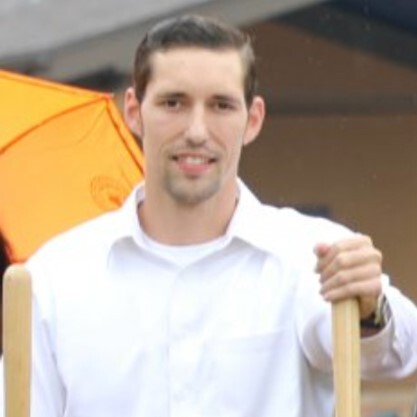
Brian Kirk (he/him)
Tribal Planner Division Director
Pawnee Nation of Oklahoma
Brian Kirk developed an early passion in Native American relations and the quality of health in Native American communities while attending Louisiana State University in Shreveport. Brian Kirk was born in Oklahoma City yet raised in Longview, Texas and has three degrees. He is a tribal member of the Citizen Potawatomi Nation. He joined Pawnee Nation of Oklahoma in 2016 after he graduate from Louisiana State University School of Allied Health Professions with his Master of Public Health. As the Executive Affairs Director of Pawnee Nation of Oklahoma, Brian Kirk works diligently in his efforts in addressing concerns and analyzing opportunities throughout Native American communities. Brian Kirks main areas is responsible for organizational oversight, new program development, infrastructure development, and creating new economic opportunities. While being the Planning Director, his team has accumulated millions of dollars in funding from expanding Pawnee Nations first community Pirua (Children) Park, construction for a treatment facility on addressing the opioid crisis through cultural practices, systematically resurrecting Pawnee culture, launching new economic development through agriculture while continually developing new strategies to increase social services to tribal members and upsurge sustainability in rural Oklahoma. Brian is currently working on a solar panel feasibility study for the Nation, developing our first treatment facility, and our greenhouse project. Being in an economically distressed community. Brians passion is directly aimed to strengthen the community while providing that needed hope within the community. Since joining the team at Pawnee Nation, he is currently serving on the Executive Team and work meticulously with the Pawnee Business Council. Brian Kirk sits on several committee teams; Budget, Proposal, and Land Management. In addition, he spoke at the 2018 First Nations Development Institute L.E.A.D. Conference. He strongly works with the City of Pawnee as a member of the Medical Task Force and is currently the President, Board member of Unity Healthcare Association.
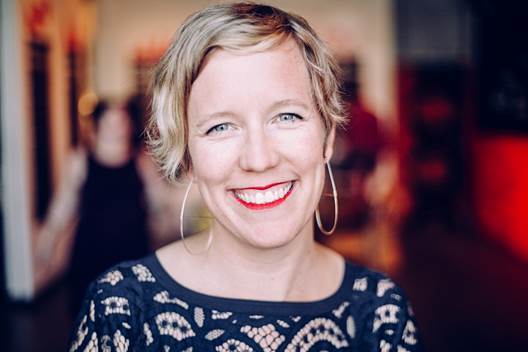
Carrie Christensen (she/her)
Senior Planner
Minneapolis Park and Recreation Board
Carrie Christensen is a Senior Planner working on park policy, design, and community engagement, and led the recent comprehensive planning process for the Minneapolis park and recreation system. With a Masters of Landscape Architecture from the University of Minnesota and a B.A. in Urban Studies from Stanford University, Christensen has 20 years of experience as a planner, designer, and speaker.
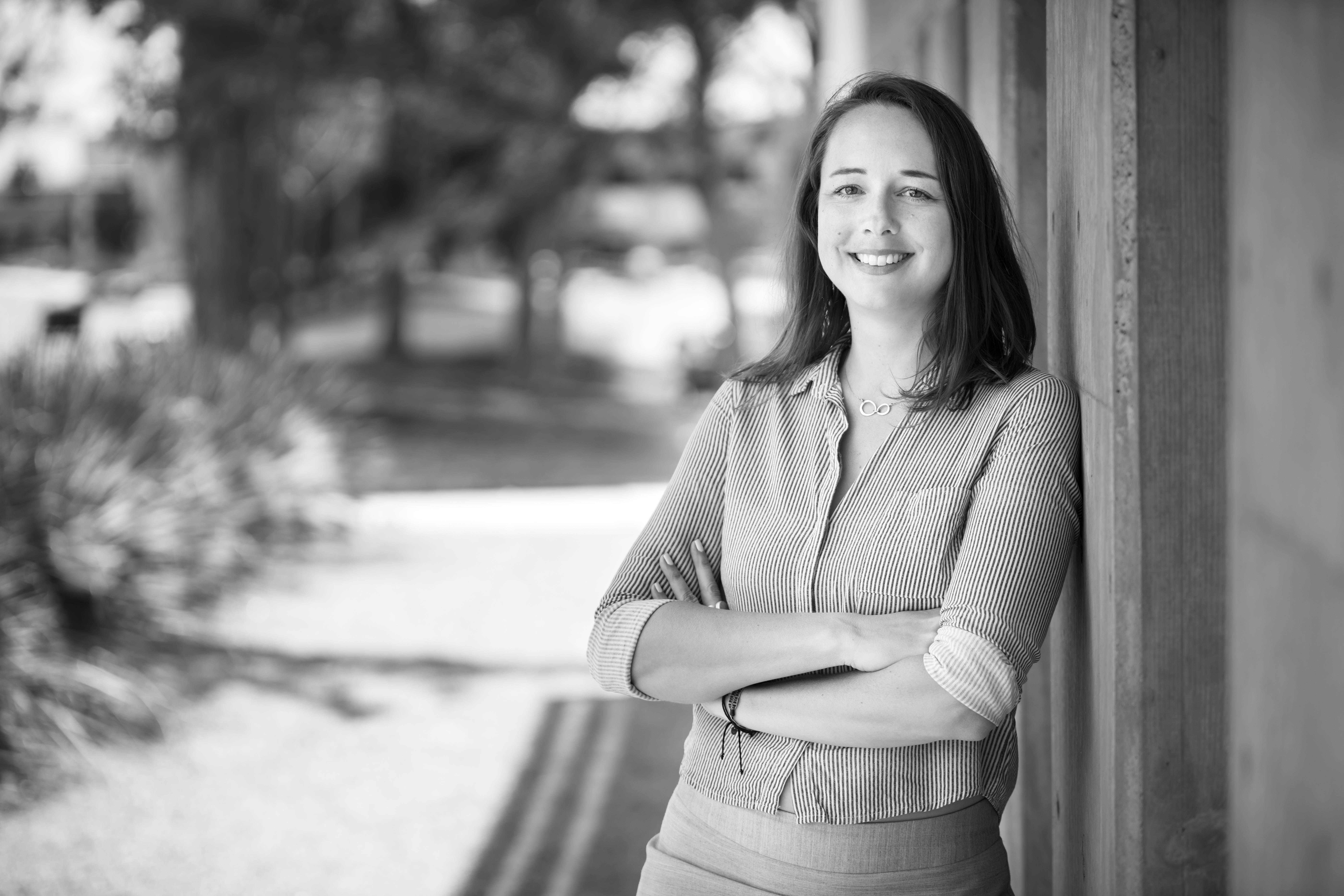
Jitka Dekojova (she/her)
University of New Mexico; Dekker / Perich / Sabatini
Jitka Dekojova, ASLA, SITES AP, is trained as a landscape architect and an environmental planner. She is well equipped to balance both aesthetics and ecology in landscape design to create resilient landscapes. While emphasizing adaptive reuse and green stormwater infrastructure, Jitka also takes into account the ephemeral phenomenological aspects of the urban environment: the need for whimsical elements, the joy of unexpected discovery in everyday urbanism, the advantage of flexibility in planned spaces, and the importance of mix of people to bring vibrancy into urban spaces. Jitka serves as ASLA (The American Society of Landscape Architects) trustee representing New Mexico chapter and teaches at the University of New Mexico. She works at Dekker/Perich/Sabatini, a multi-disciplinary design firm with offices in AZ, NM and TX. She writes for Zahrada Park Krajina, a Czech landscape architecture magazine and enjoys hiking, wine tasting and aimless travelling.
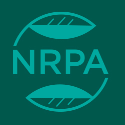
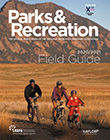
Engage With Us